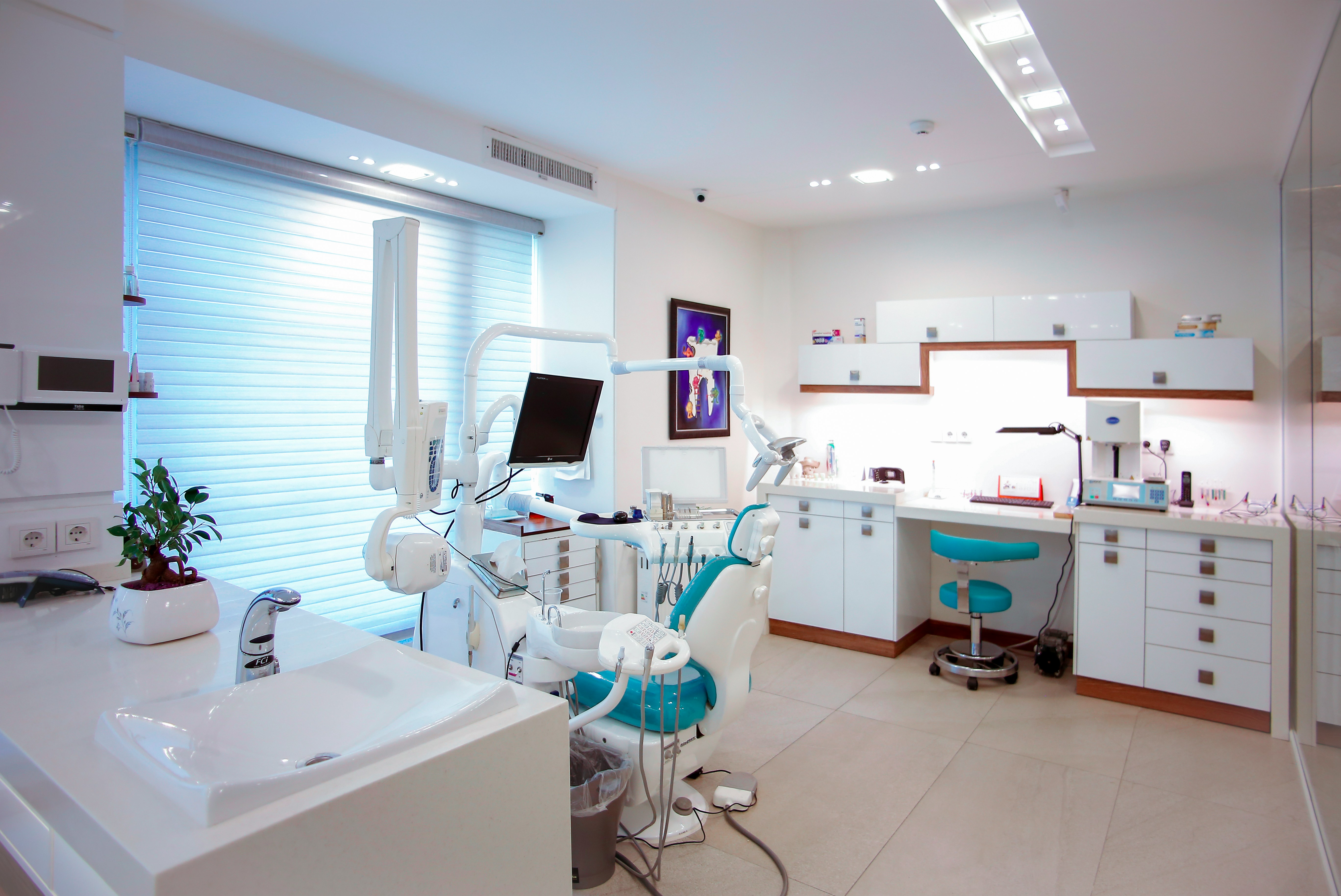Water Flosser vs. Regular Floss: Can You Really Ditch the String?
Can a water flosser replace traditional flossing? Discover the pros and cons of each, their effectiveness in plaque removal, and the dentist-recommended approach for optimal oral health.
May 19, 2025
The Big Flossing Debate: Water Jet or Classic String?
We all know that flossing is a non-negotiable part of a healthy oral hygiene routine. However, let's be honest: many people find traditional string flossing to be a tedious task. With the rise of popular water flossers, a hopeful question has emerged: "Can I finally replace my regular floss with one of these devices?"
It's a great question, and the answer isn't a simple yes or no. To make the best choice for your smile, you need to understand what each method does best. This guide will break down the differences between a water flosser and traditional floss, helping you determine the best approach for your oral health.
A Head-to-Head Battle for a Healthier Smile
What is a Water Flosser?
A water flosser (or oral irrigator) is a device that shoots a high-pressure, pulsating stream of water to blast away food particles and plaque from between your teeth and along your gumline.
Best for: Individuals with braces, dental implants, bridges, or dexterity issues that make traditional string flossing difficult. It's also great for those with sensitive gums.
What is Traditional Floss?
Traditional dental floss is a thin string that you manually guide between your teeth. Its purpose is to physically scrape the sticky film of plaque off the tooth surfaces.
Best for: Removing sticky plaque physically. It's inexpensive, portable, and highly effective when done correctly.
The Showdown: Key Differences
Let's compare them on the factors that matter most:
Header 1 | Water Flosser | Traditional Floss | Winner |
|---|---|---|---|
Plaque Removal | Excellent at rinsing away loose debris and bacteria from pockets around the gums. It's fantastic for flushing out areas that are hard to reach. | Unbeatable at physically scraping away sticky, stubborn plaque. The string makes direct contact with the tooth surface, a feature that water alone cannot replicate. | Traditional Floss. While a water flosser is a powerful tool, it can't replace the mechanical scraping action of string floss. |
Ease of Use | Generally easier and faster, especially for people with braces, implants, or arthritis. There's less technique involved. | Requires more coordination and proper technique to be effective without snapping the floss or irritating the gums. | Water Flosser. Its user-friendly design encourages more consistent use. |
Gum Health | Very gentle on the gums. The massaging action of the water can help improve circulation and reduce inflammation. | Highly effective at removing plaque right at the gum line, which is the primary cause of gingivitis. However, improper technique can irritate. | Tie. Both are excellent for gum health in different ways. |
The Final Verdict: You Don't Have to Choose Just One
So, can a water flosser replace regular flossing? The professional answer is no.
While a water flosser is a fantastic addition to your oral hygiene routine, it shouldn't be a total replacement for traditional floss. The two tools perform different but complementary jobs. Think of it this way: a water flosser is like a power washer for your mouth, while string floss is like a squeegee for your teeth. You need both for a truly deep clean.
The Dentist-Recommended Routine: For the absolute best results, use both!
Floss First: Use traditional floss to scrape the sticky plaque off your teeth.
Brush Second: Brush your teeth to remove the loosened plaque and debris.
Water Floss Last: Use the water flosser to flush out any remaining particles from hard-to-reach areas.
Get a Personalized Recommendation
The ideal oral hygiene routine can vary from person to person. The best way to know what's right for your smile is to ask a professional.
Ready to Optimize Your Oral Health? Schedule a cleaning and check-up at Gardens Implant and Cosmetic Dentistry. We'll assess your unique needs and help you build the perfect at-home care routine to keep your smile healthy and bright.
Blog






